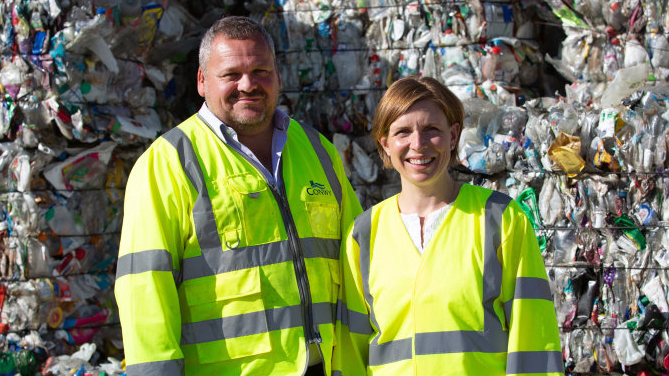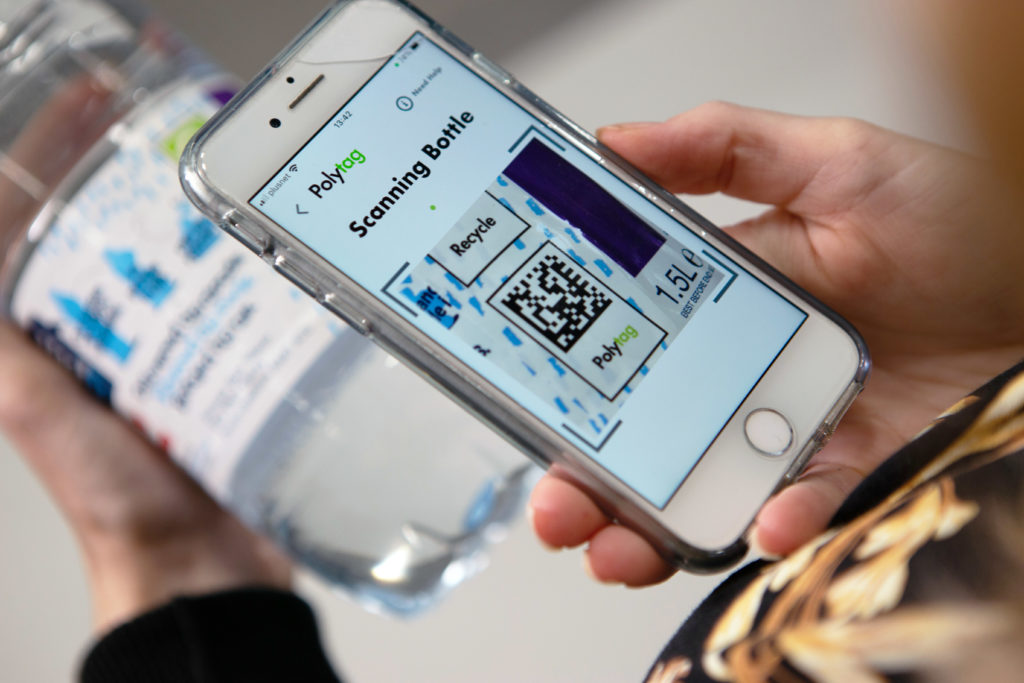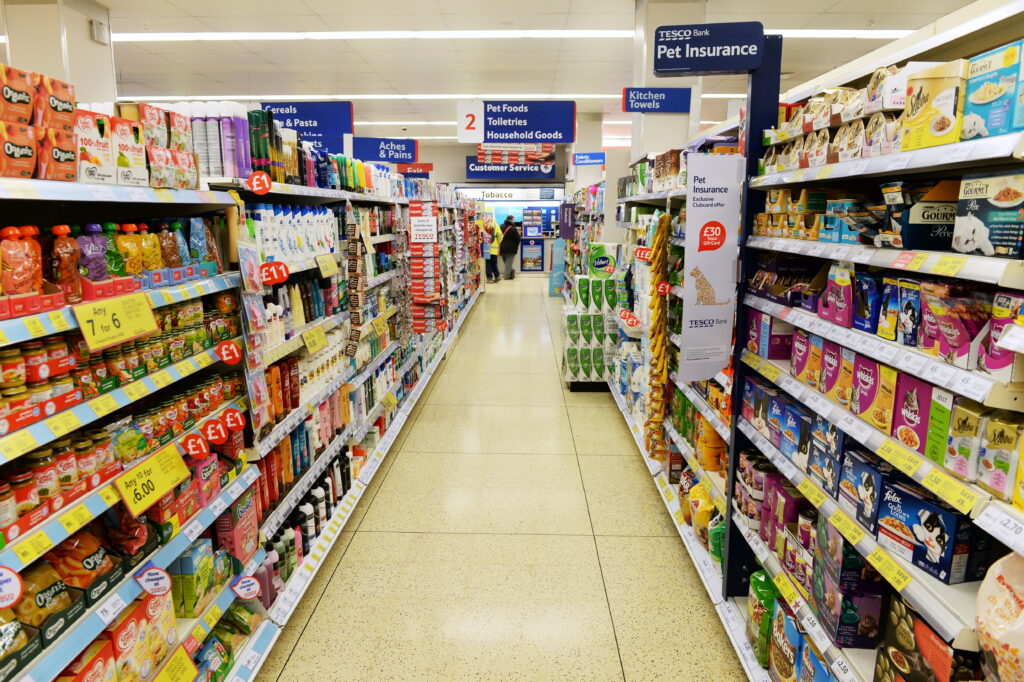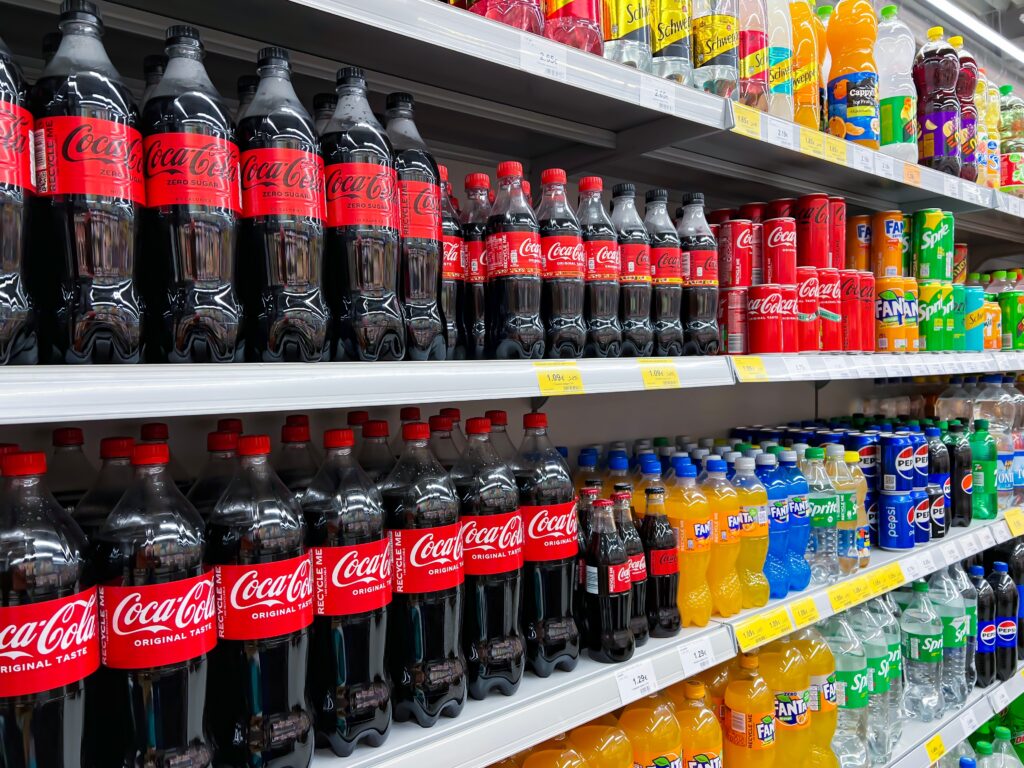The Scottish Government announced on Tuesday (14 December) that the nationwide scheme was to go live in the summer of 2023, marking the second delay to its roll-out (see letsrecycle.com story).
Polytag is behind a patented ‘tag and trace’ technology which allows brands to assign unique individual codes to each unit of a product, for use in a digital DRS.
Today, the company criticised the Scottish Parliament for not exploring a digital model for the DRS further.
Alice Rackley, Polytag’s CEO, said: “It’s disappointing that during discussions around Scotland’s deposit return scheme in the Scottish Parliament, there has been no mention of the digital model.
“With the scheme delayed further until 16 August 2023, now is time to review our options and ask whether the conventional DRS model, involving the transportation and implementation of 10,000 reverse vending machines, is really what is needed.”
‘Radical, modern alternative’
In June this year, Polytag delivered the UK’s first digital DRS pilot in Conwy, Wales, in partnership with the Welsh Government (see letsrecycle.com story).

Residents in Colwyn Heights, Conwy, were asked to scan QR codes on specially provided bottles before placing them in their usual kerbside recycling containers, receiving 20p for each bottle they returned. The trial saw a 97% engagement rate.
Yesterday, resources charity WRAP Cymru published a report on the findings of the trial.
The report concluded that a digital DRS at the kerbside had the potential to help Wales deliver on its Zero Waste targets, while also cutting carbon emissions.
And, in November, research by packaging company Tetra Pak showed that “consumer confusion” risked undermining the UK-wide roll-out of the DRS.
Ms Rackley said: “Off the back of Tetra Pak’s announcement that 59% of people would be confused by the DRS unless it was consistent with household recycling collection, it begs the question: with such clear advantages of the digital DRS, why must we insist on an outdated model when we have a radical, modern alternative at our fingertips?”
Scotland
The Scottish Government is to take a phased approach to the roll-out of the DRS and collection processes are planned to start up from November 2022.
A 20p deposit will be paid when purchasing a drink that comes in a single-use container made of PET plastic, steel and aluminium, or glass.
The deposit will be refunded when the empty container is returned to a collection point.
Scotland first planned to roll out its DRS in April 2021, before an initial delay.
The Scottish Parliament then published legislation to establish the DRS in 2020, with the intention of having the scheme operational in July 2022.
Related link
Digital Deposit Return Scheme Pilot Review









Subscribe for free